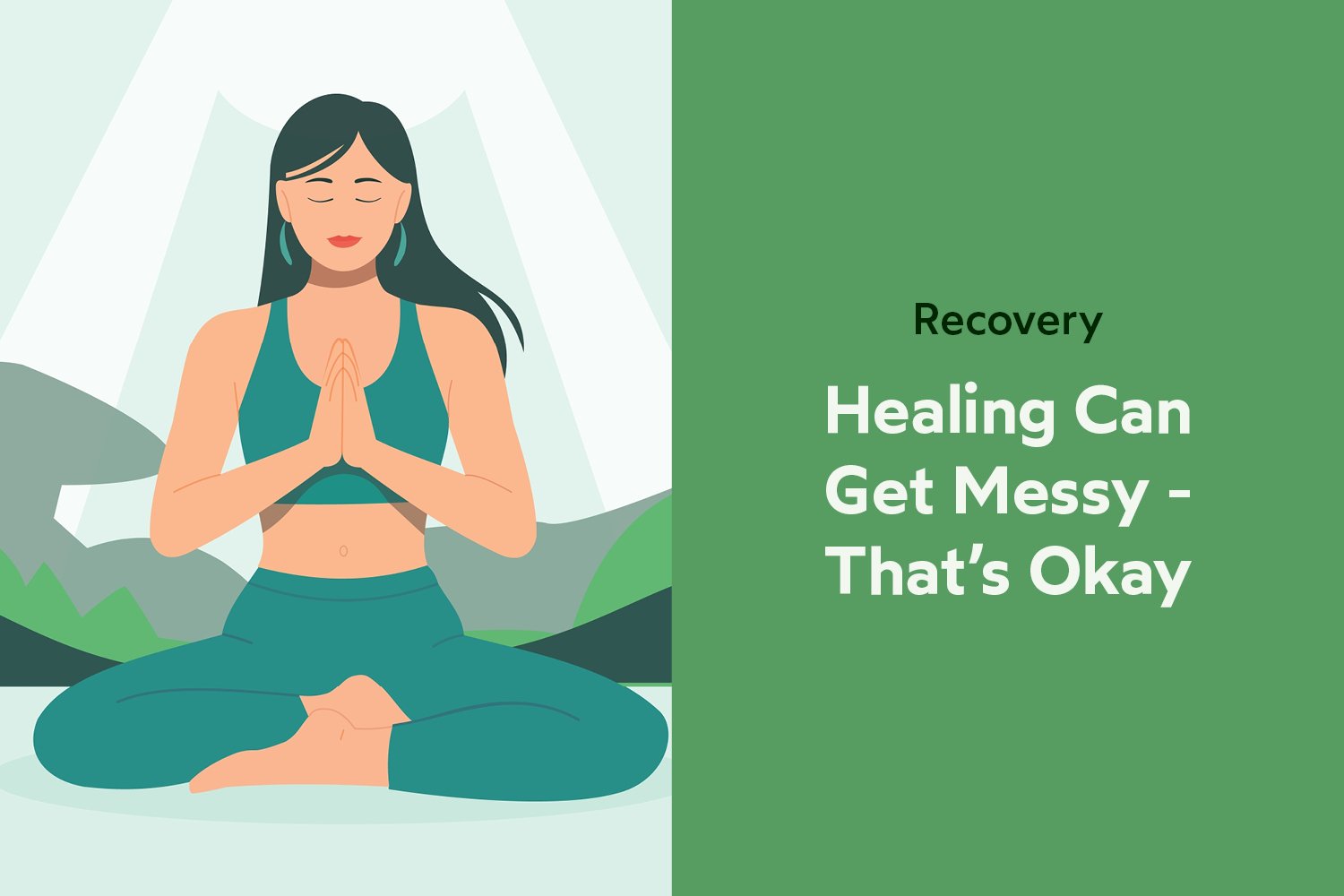New Chiropractic Patients

In another post Letting Go for a Healthier Mind and Body, we explored the natural ups and downs of healing—the fact that progress isn’t always linear. But there’s another side to recovery that’s less talked about: the way deeper healing can feel messy, even unsettling.
Healing isn’t just about physical improvement. It often reshapes aspects of how you feel, how you think, and how you navigate your day-to-day life.
Old patterns fall away, new perspectives emerge, and sometimes, that transition feels unfamiliar or even uncomfortable. It’s easy to assume that discomfort means something is wrong, but more often than not, it’s simply a sign that meaningful change is underway.
Just like the body adapts to physical healing, the mind and emotions adjust too. As this happens, you might experience shifts such as:
Think of it like reorganising your space—things may look chaotic for a moment before they settle into something better suited to where you are now.
Often, deep recovery brings unseen changes, not just to your body, but to your thoughts, behaviours, and even relationships.
You may find that routines you once relied on no longer fit, or that certain habits feel heavier than they used to. This adjustment can feel unsettling at first, but it’s a natural part of moving forward.
Your body renews itself constantly, shedding old cells to make way for new.
Similarly, your life may need small but meaningful shifts to support your growth.
Whether it’s adjusting your daily rhythm, changing your priorities, or making space for what truly nurtures you, healing is as much about releasing what no longer serves you as it is about building something new.
Feeling a little “off” during recovery is common, but how do you tell the difference between normal healing discomfort and something that needs attention?
If something feels persistent or concerning, trust your instincts and seek help. Recovery should feel challenging at times, but it shouldn’t feel overwhelming or unsafe.
Healing—especially at a deeper level—can bring moments of doubt. It’s easy to question whether you’re really moving forward when things feel unsettled. But the process doesn’t need to be perfect to be progress.
Some ways to stay grounded during this phase:
Real healing isn’t about control; it’s about allowing transformation to unfold. Even when the process feels unclear, it’s moving you forward in ways you might not fully see yet.